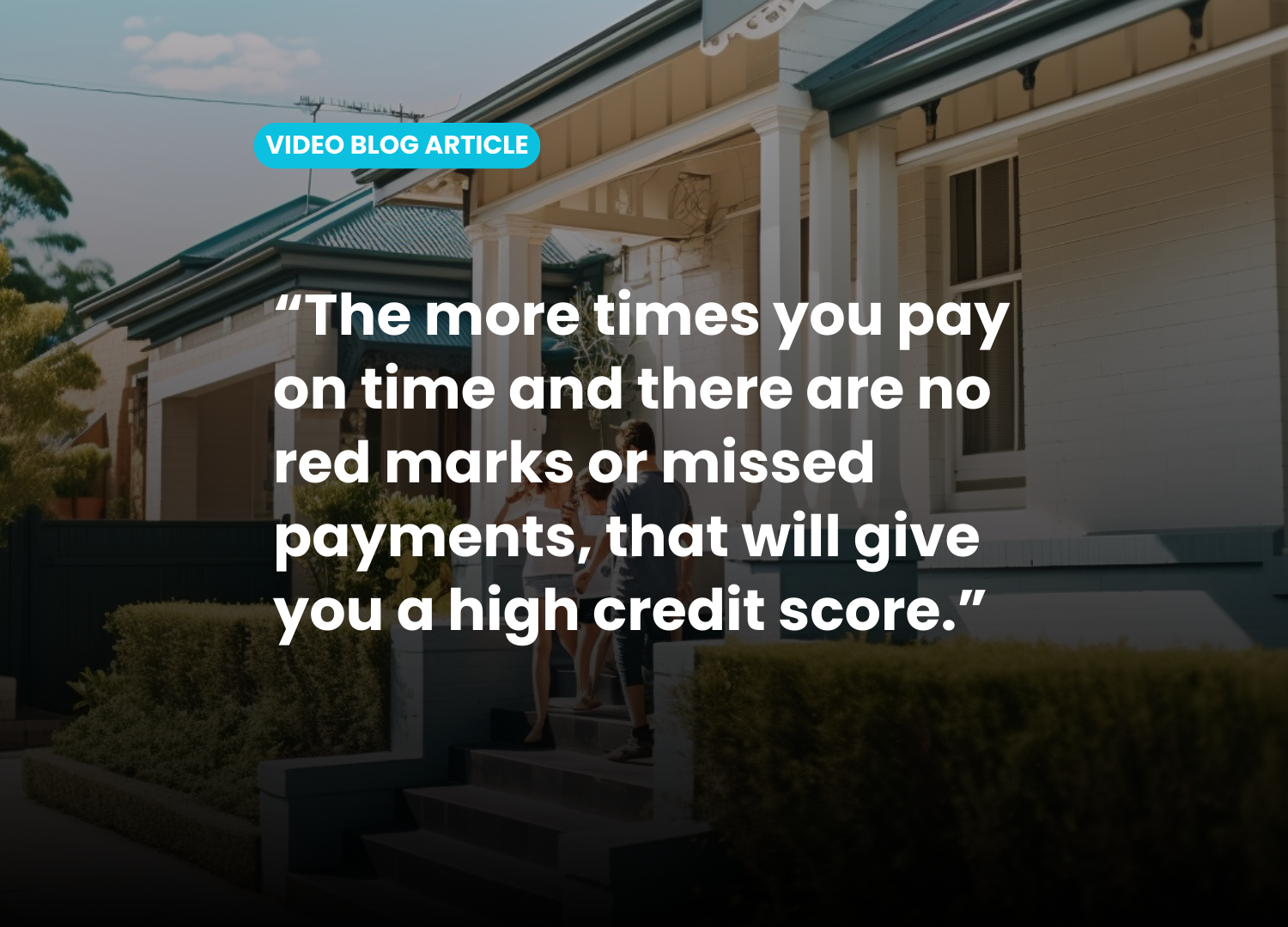How Credit Scores Work: Mistakes That Can Break Your Financial Future!

One of the biggest questions I get asked from clients and one of the biggest hurdles I get with banks, with for clients, is the credit score system. A lot of people don't understand how the credit score system works.
Simply put, a credit score, your credit score, is about how the banks will judge your credit worthiness on your past Behaviour. A few years ago, the banks got together and they developed a system where your repayment history is now judged over the last two years. So every time you make a payment to a credit provider, whether it be a Vodafone bill, whether it be a utility or personal loan, car loan, home loan, there is either an X as being not paid or a tick for paid on time.
The more times you pay on time and there are no red marks or missed payments, that will give you a high credit score. When you start to miss payments, it gets recorded.
And the more times you miss repayments or not make them at all, that goes against you and gives you a low credit score. So often you will end up with a score that you don't even know that you should be at over a period of time because of one credit provider's reporting. It could be a credit card that you've forgotten about. It could be a utility that you missed or moved out of home or that particular home and you haven't paid. Every time you miss a bill payment now, it is recorded.
So what does it mean? If you've got a credit score greater than say 700 and optimum is about 1200, if you've got a credit score above 700, then it's fine. If you've got a credit score 800 or more, it is great.
Banks will not judge you if your credit score is good. They'll only judge you on how bad it is. So the more times you miss a repayment, it will mean that the bank is now saying, no, you're not credit worthy. Prove to us that you are.